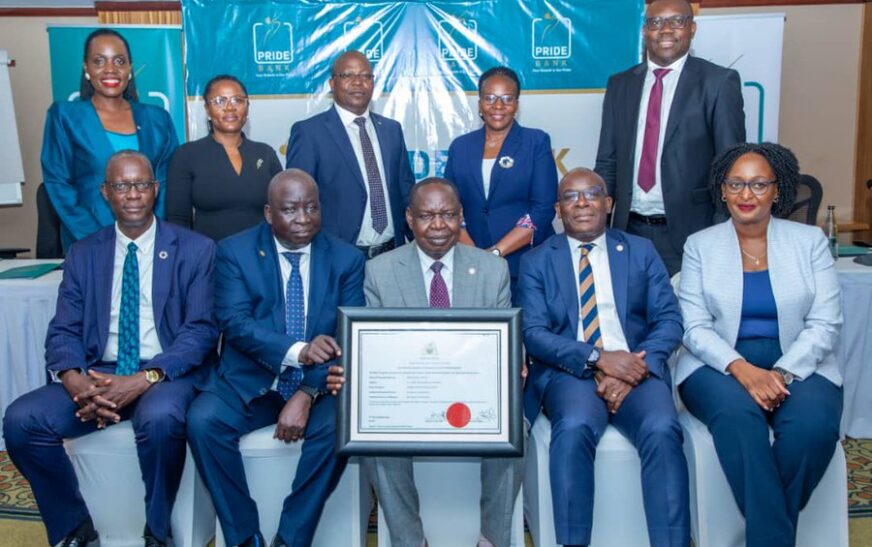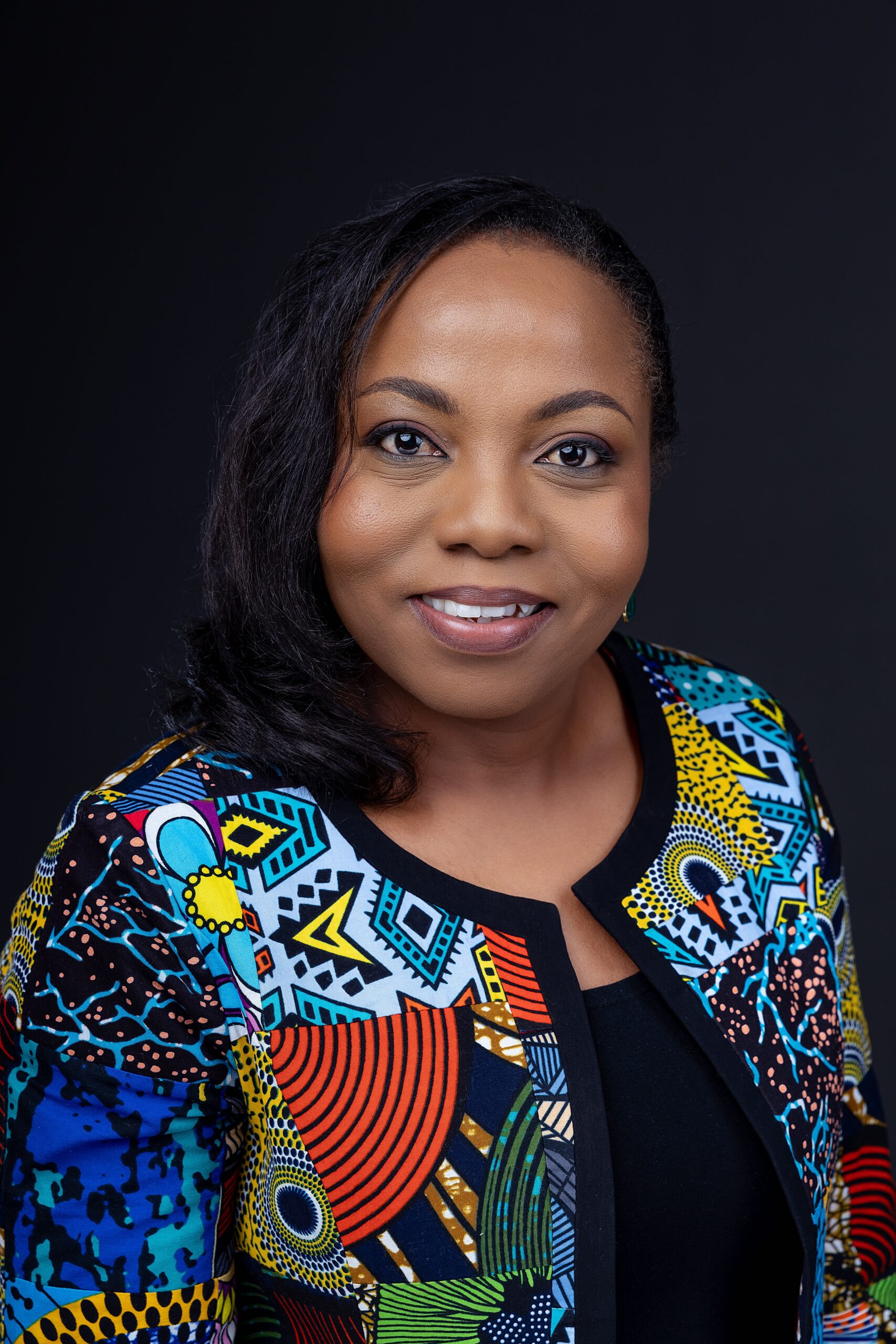Pride Microfinance has officially transitioned to a Tier II credit institution and will now operate as Pride Bank Limited, marking a new chapter of expanded services, enhanced customer experience, and a deeper contribution to Uganda’s financial ecosystem.
The announcement was made at Serena Hotel following the acquisition of a Credit Institution License from the Bank of Uganda on November 26, 2024.
“Our people in the markets and all the customers we’ve served—this journey has always been about you. As we transition into a bank, our mission remains unchanged: to serve you better and continually enhance our services,” said Edward Nkangi, Executive Director of Pride Bank.
Nkangi reflected on the institution’s evolution—from a modest microfinance provider serving group clients nationwide to becoming a recognized leader in financial inclusion. He emphasized that the transition to Pride Bank is not merely a rebranding initiative but a strategic move to expand service offerings and make a lasting impact on Uganda’s banking sector.
He also commended the Bank of Uganda for its regulatory support and guidance, which he credited as instrumental to Pride’s development alongside other financial institutions.
“We are now positioned to offer a wider range of savings products, competitive credit facilities, and seamless digital banking. Our customers can expect greater convenience, improved security, and the assurance that their money is safe with us. Our focus remains on enabling financial growth for every customer,” Nkangi added.
He announced the further digitization of services, including agent banking, internet banking, and mobile loan products, all aimed at improving accessibility to financial solutions.
Fred Jachan Omach, Chairman of the Board, highlighted Pride’s longstanding commitment to financial inclusion. “From our humble beginnings with one branch in Mbarara in 1995 to now 47 branches nationwide, our growth reflects a deep dedication to serving the underserved.”
He noted that the transition to Tier II banking will bring even greater convenience and reach.
“We have faced challenges, learned from experience, and remained steadfast. As we enter this new phase, we aim to foster trust, strengthen relationships, and serve those often on the margins of the formal financial sector,” he said.
Omach described the acquisition of the Tier II license as a major milestone that validates years of strategic planning and dedication.
“This license empowers us to offer a broader range of financial solutions tailored to the evolving needs of our customers.”
Wilbrod Owor, Executive Director of the Uganda Bankers Association, congratulated Pride on the achievement.
“Receiving a Tier II certificate means you’ve increased your capital and prepared for higher regulatory standards. It reflects your stability, resilience, and strong presence across 47 locations,” he noted.
However, Owor also cautioned about the rising threat of fraud in the financial sector, urging Pride Bank to invest in robust cybersecurity systems.
“This business thrives on trust. Technology should not only expand access but also protect customers’ hard-earned money.”
Mackay Aomu, Director of the Non-Bank Financial Institutions Department at the Bank of Uganda, observed that Pride is only the second institution to transition from Tier III to Tier II—following Equity Bank.
“Pride Bank is well-capitalized and positioned for growth,” Aomu said. “We’ve recently issued two Tier III licenses for SACCOs, with a third on the way. Pride’s expansion will enable deeper outreach to underserved communities, including village savings groups and smaller financial circles.”
He outlined several benefits of Tier II status, such as the ability to offer foreign exchange accounts, digital financial services, trade finance products (including letters of credit and performance guarantees), and access to alternative funding sources.
“Pride can now introduce new products and integrate with payment systems, aggregators, and broader financial networks. This is a transformative step—not just for the bank, but for financial inclusion in Uganda,” Aomu said.





















